Paul and Sue Rosenau’s lives were forever altered when they faced a heart-wrenching loss. Their granddaughter, Makayla Lynn Pike, tragically succumbed to Krabbe Disease, a rare genetic disorder. This loss deeply affected the couple, casting a shadow of sorrow but also igniting a determination to make a difference.
Their story is not just one of grief, but also of finding purpose in the midst of tragedy. It reminds us how personal experiences can lead to significant missions, turning sorrow into action.
Krabbe Disease Explained
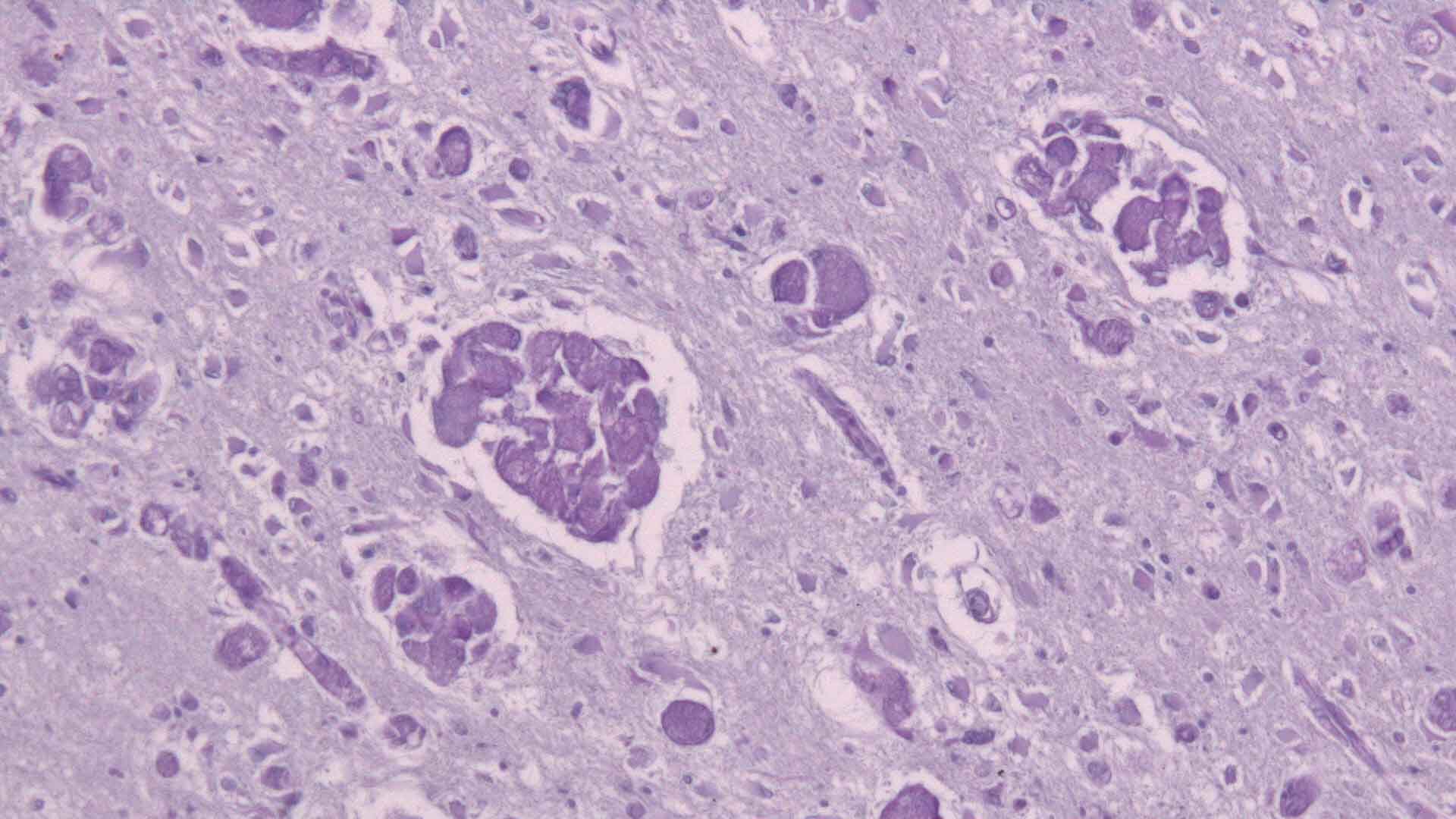
Krabbe Disease is a rare, devastating genetic condition that primarily affects newborns. It destroys the protective coating of nerve cells, crucial for the functioning of the nervous system. This disease is merciless, often claiming the lives of those affected before they reach the age of two. Symptoms in infants include irritability, feeding challenges, muscle issues, and unexplained fevers, which can escalate to seizures, hearing and vision loss, and severe motor impairments.
Diagnosis typically involves blood tests and MRI scans, and while there’s no cure, treatments focus on symptom management, including physical and occupational therapy, and in some cases, umbilical cord blood transplants. These interventions aim to improve the quality of life, although they cannot reverse the disease’s progression. Understanding Krabbe Disease is key to appreciating the magnitude of what the Rosenaus faced and what they set out to combat through their foundation.
A Twist of Fate: The Lottery Win
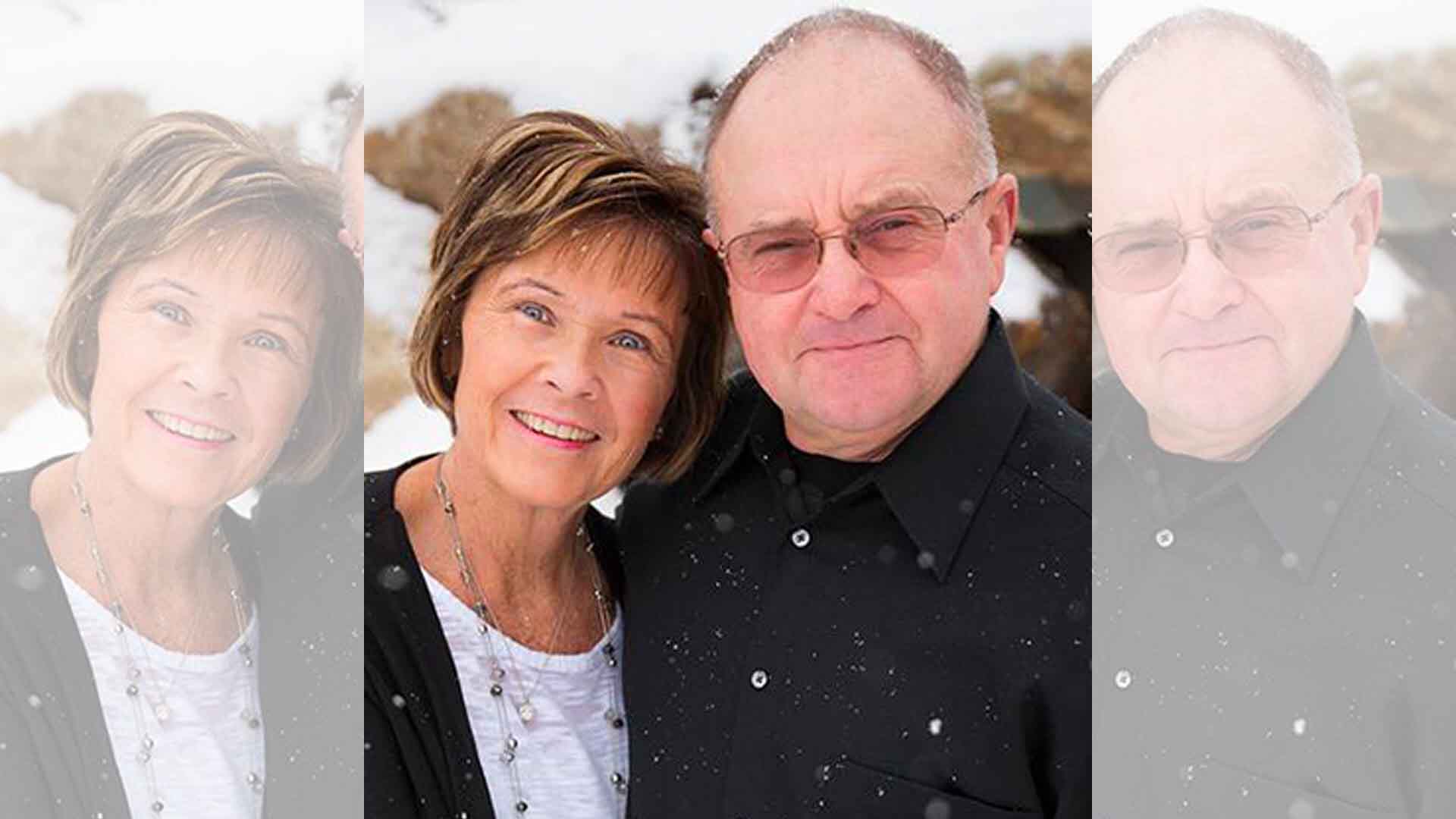
On the fifth anniversary of Makayla’s passing, something extraordinary happened. The Rosenaus checked their Powerball numbers to find they had won a staggering $180.1 million.
This win wasn’t just a stroke of luck; it was a turning point. For the Rosenaus, this moment was laden with meaning and purpose, as if fate had handed them the resources to fight the battle against Krabbe Disease in honor of their granddaughter.
Establishing the Rosenau Family Research Foundation
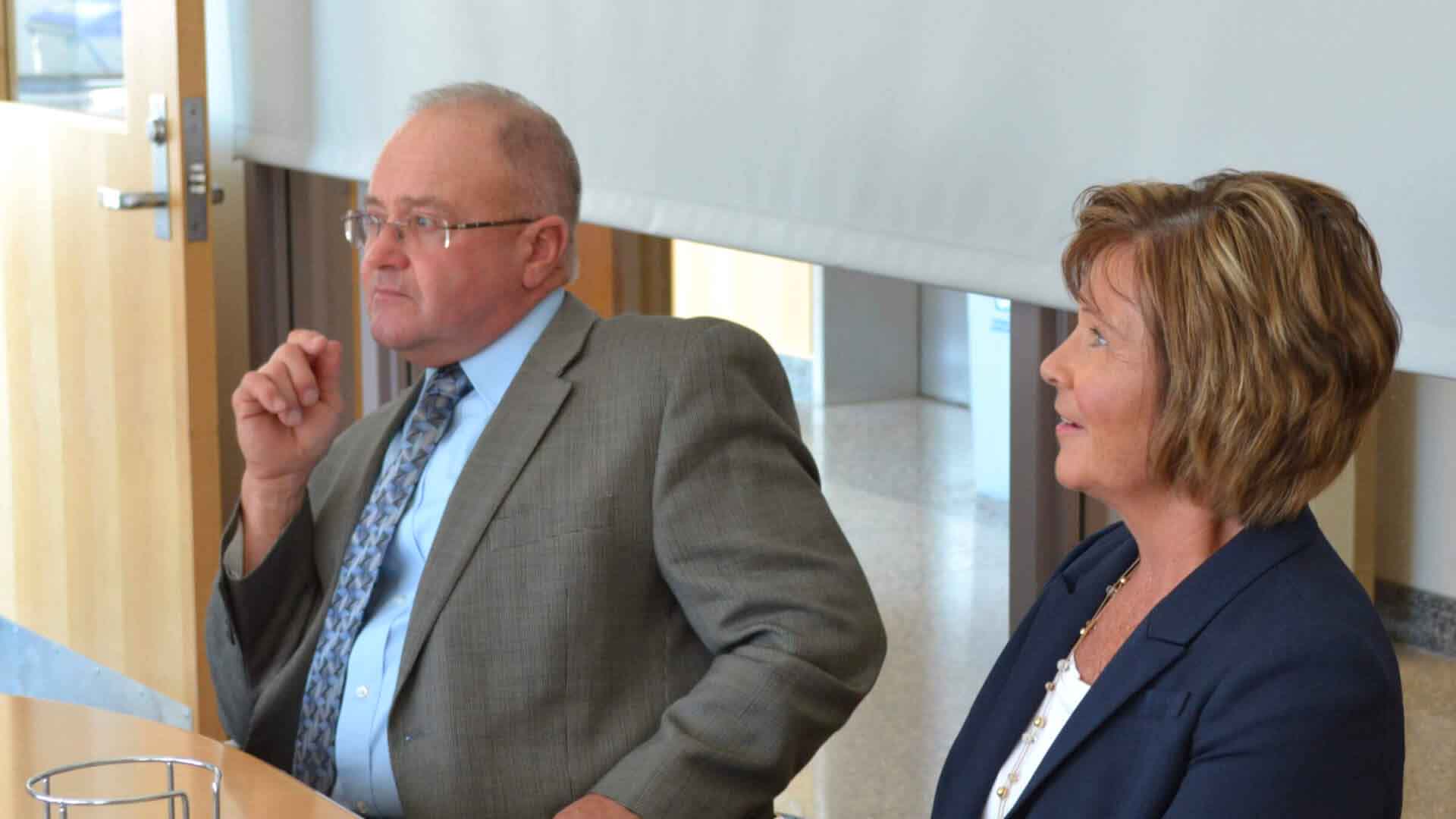
With the winnings in hand, the Rosenaus embarked on a mission. They set up the Rosenau Family Research Foundation, investing $26.4 million, which was more than half of their $44 million in take-home winnings (after taxes)
Their goal? To spearhead research into Krabbe Disease and provide financial aid to families grappling with medical costs. This step was a bold declaration of their commitment to change the narrative of the disease.
Mission of the Foundation

The foundation’s mission was twofold: fuel research for a cure and ease the financial burden of affected families. It wasn’t just about finding a cure; it was about providing immediate, tangible support to those in need.
This approach showed the Rosenaus’ deep understanding of the multifaceted challenges faced by families dealing with Krabbe Disease, as well as Cystic Fibrosis—a genetic chronic lung disease.
A Leap of Faith and Commitment

For the Rosenaus, their lottery win was more than luck; it was a divine message. They saw it as a call to action, a chance to make a real difference in the fight against a disease that had taken so much from them.
“We are faithful people,” Sue told PEOPLE in 2016, “and we definitely believe this is God telling us what we do.” Their faith was the driving force behind their mission, guiding them to use their fortune to shine a light on Krabbe Disease.
Significant Contributions and Advances

From 2009 to 2016, the Rosenau Family Research Foundation made significant strides. They provided over $10 million in grants, fueling research and bringing hope to many.
This funding wasn’t just money. It was a lifeline for researchers and families alike, driving progress in the battle against Krabbe Disease and assisting the families who had their lives uprooted by it.
Breakthroughs and Hope

In 2016, a breakthrough in gene therapy offered a glimmer of hope. Dr. Maria Escolar, one of Makayla’s doctors, emphasized the importance of the foundation’s support in this development.
“Without this type of help, we would not be able to achieve our goal of improving the quality of life for children with rare disorders and help them develop to their full potential,” Dr. Escolar shared. “We are beyond grateful.”
The Personal Cost and Continued Mission

Despite the joy of their philanthropic success, the Rosenaus faced other personal challenges. Sue battled ovarian and uterine cancer, and sadly, passed away in 2018.
Paul continued their shared mission, a testament to their dedication and love for their granddaughter. He vowed to continue supporting research, hoping to make Krabbe Disease a treatable condition in the future.
Impact Beyond Research
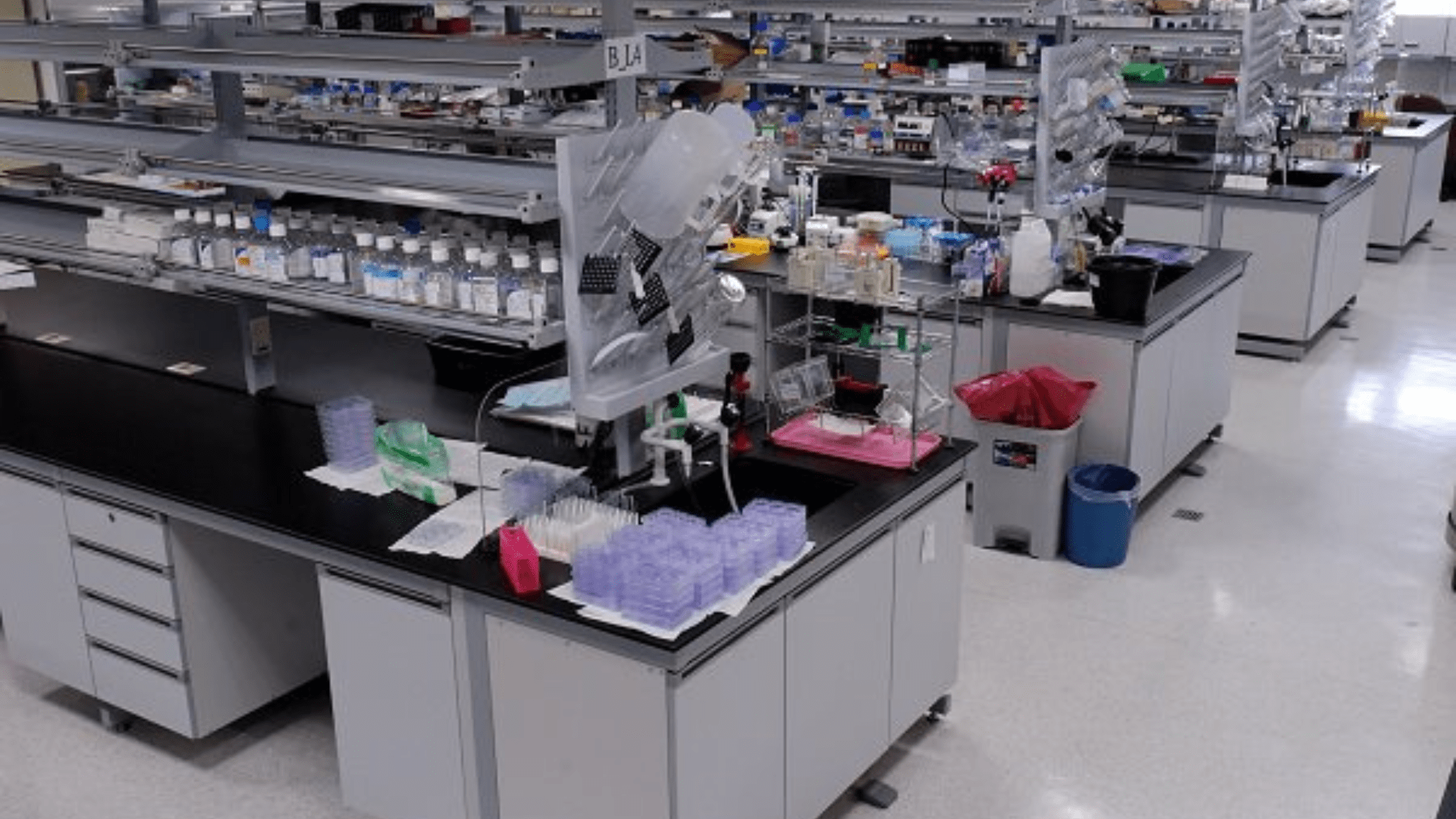
The foundation’s impact extended beyond research. It became a source of support for families, offering not just financial assistance but also hope.
This holistic approach demonstrates the Rosenau’s understanding of the comprehensive needs of families dealing with Krabbe Disease.
The Legacy of Love and Hope
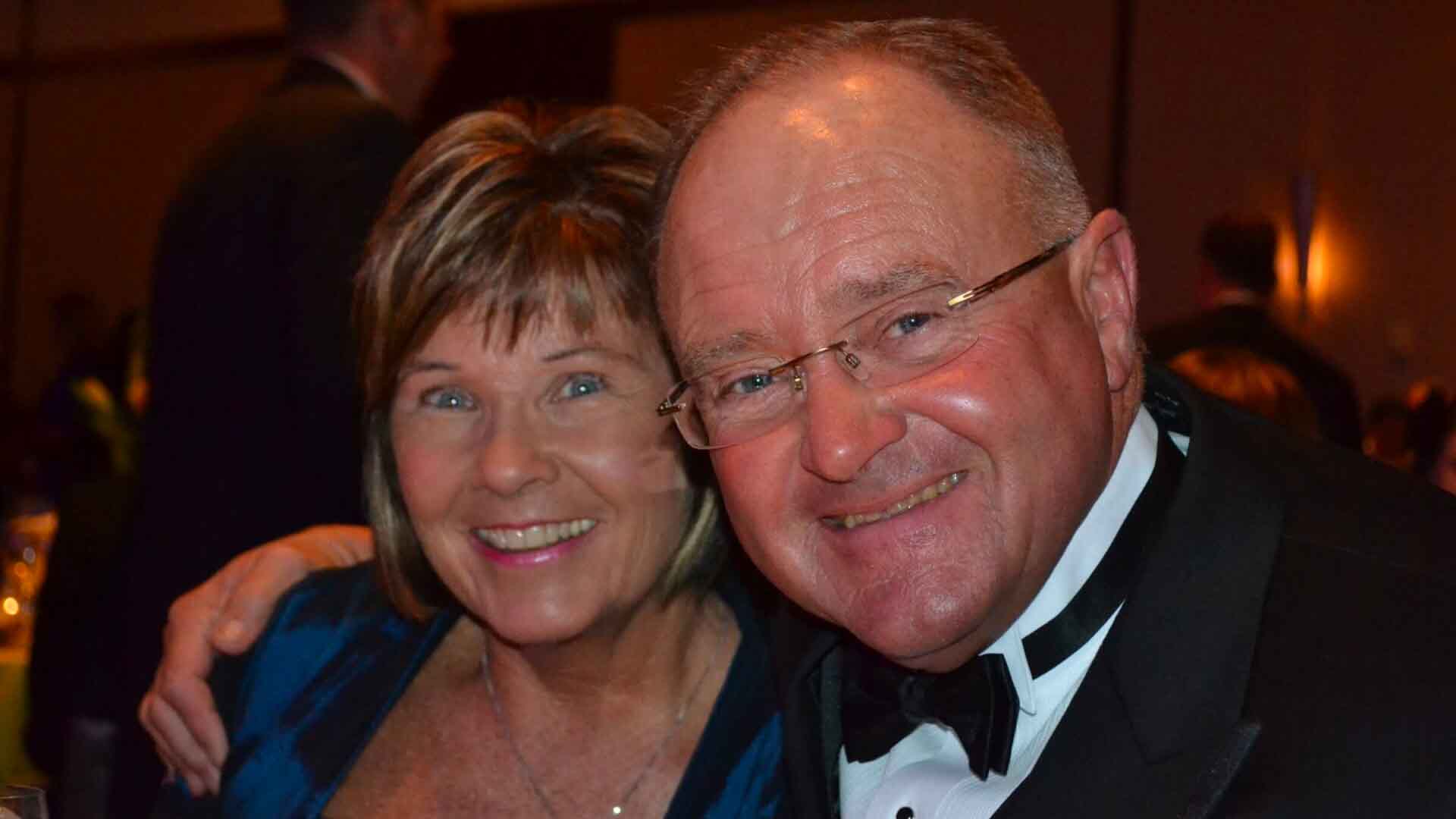
The Rosenau Family Research Foundation stands as a lasting legacy to Makayla and Sue. It symbolizes the transformative power of love and hope in the face of adversity.
Their story inspires others to turn a personal loss into a catalyst for positive change, showing how love can win over even the most profound grief.
Looking Towards the Future

As research continues, the foundation’s work remains crucial. There’s hope that one day, a cure for Krabbe Disease will be found, thanks to the groundwork laid by the Rosenaus.
Their story is not just about the past; it’s a beacon for the future. The foundation is lighting the path toward a world free of Krabbe Disease with its mission of “improving the lives of people impacted by Krabbe Disease and Cystic Fibrosis through research funding and disease advocacy.”








































